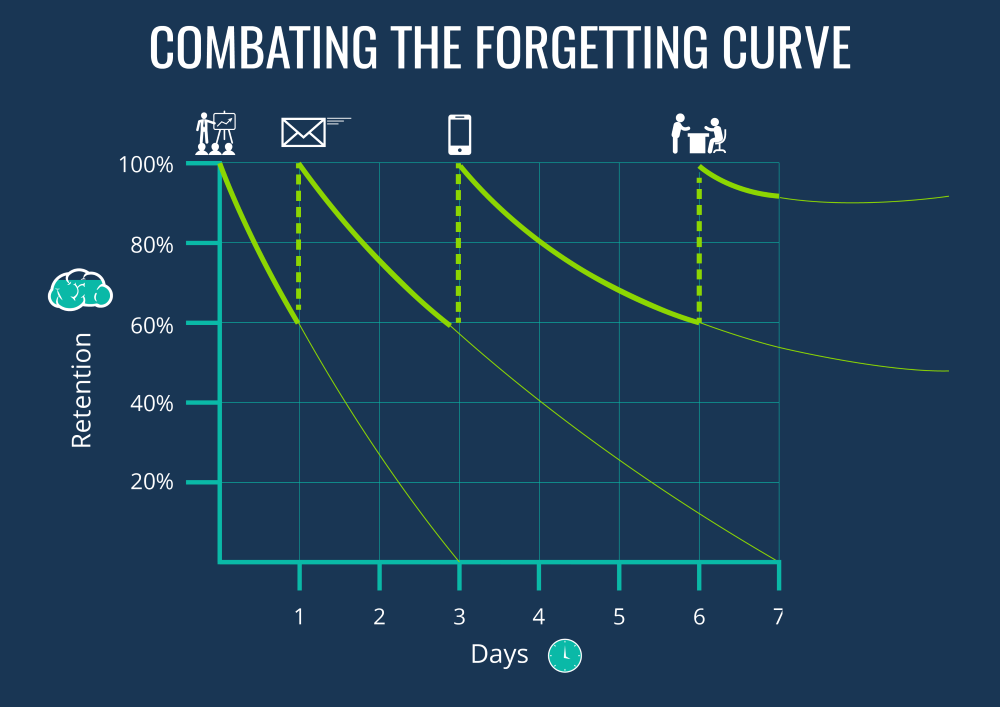Exploring The 4 Types Of Forgetting: A Comprehensive Guide
Remembering And Forgetting: Crash Course Psychology #14
Keywords searched by users: What are the 4 types of forgetting 3 types of forgetting, types of forgetting in psychology, 7 types of forgetting, natural forgetting, types of forgetting in psychology slideshare, what are the causes of forgetting in psychology class 11, abnormal forgetting in psychology, natural forgetting in psychology
What Are The 4 Theories Of Forgetting?
There are indeed several theories that attempt to explain the phenomenon of forgetting, but let’s focus on the four prominent ones. These theories are essential for understanding the processes involved in memory lapses. The four key theories of forgetting are:
-
Trace Decay Theory: This theory suggests that memories fade over time if they are not regularly rehearsed or used. It posits that the mere passage of time can cause forgetting.
-
Displacement Theory: According to this theory, forgetting occurs when new information replaces or “pushes out” older memories. In essence, when your memory capacity is full, older memories are displaced by newer ones.
-
Interference Theory: Interference theory proposes that forgetting happens due to competition between memories. There are two types of interference: proactive interference (when old memories disrupt the recall of new information) and retroactive interference (when new information interferes with the retrieval of old memories).
-
Retrieval Theory: This theory focuses on the idea that forgetting is primarily a failure of retrieval rather than the decay of memory traces. It suggests that we might have the information stored, but we cannot access it effectively when needed.
These four theories provide valuable insights into the complexities of memory and forgetting, shedding light on the various mechanisms that can lead to the loss of information from our memory systems.
What Are 3 Types Of Forgetting?
There are three primary mechanisms through which information can be forgotten in short-term memory (STM). These mechanisms provide insight into how our memory system works and why certain information may not be retained effectively.
-
Decay: The first type of forgetting is decay. This happens when you fail to engage with or “rehearse” information. In other words, if you don’t actively think about or contemplate the information, it can fade away from your STM over time.
-
Displacement: Displacement is another way information can be forgotten. It’s a process where new memories replace old ones in your STM. When your STM reaches its capacity limit, new information can push out or overwrite older information, making it harder to recall.
-
Interference: The third type of forgetting is interference. Interference occurs when similar pieces of information in your STM compete with each other, leading to confusion and potentially causing the loss of some of the information. There are two main types of interference: proactive interference, where old information disrupts the recall of new information, and retroactive interference, where new information interferes with the recall of old information.
Understanding these three types of forgetting in short-term memory helps shed light on the complexities of memory retention and retrieval. It’s important to recognize these processes to improve memory strategies and retention of vital information.
Aggregate 28 What are the 4 types of forgetting


:max_bytes(150000):strip_icc()/woman-make-scheme-on-sticky-notes-on-glass-board-540594086-57913ce53df78c1734916c46.jpg)

Categories: Found 84 What Are The 4 Types Of Forgetting
See more here: nenmongdangkim.com

The five popular theories of forgetting are trace decay theory, displacement theory, retrieval theory, interference theory, and the consolidation theory of forgetting.Forgetting a person’s name or movie title
This is one of the most common experiences of memory retrieval failure. You’re trying to come up with a word and most often a proper noun, such as a person’s name or a movie title. You know you know this word, but you cannot retrieve it on demand.
- Cue-dependent forgetting.
- Organic causes.
- Interference theories.
- Trace decay theory.
- Decay. This occurs when you do not ‘rehearse’ information, ie you don’t contemplate it. …
- Displacement. Displacement is quite literally a form of forgetting when new memories replace old ones. …
- Interference.
- Transience. This is the tendency to forget facts or events over time. …
- Absentmindedness. This type of forgetting occurs when you don’t pay close enough attention. …
- Blocking. …
- Misattribution. …
- Suggestibility. …
- Bias. …
- Persistence.
Learn more about the topic What are the 4 types of forgetting.
- Forgetting – Wikipedia
- Theories of Forgetting – Unacademy
- Forgetting – Psychologist World
- 3 types of normal forgetting — and 1 that isn’t | – TED Ideas
- Forgetfulness — 7 types of normal memory problems
- Theories of Forgetting in Psychology
See more: nenmongdangkim.com/category/food-drink